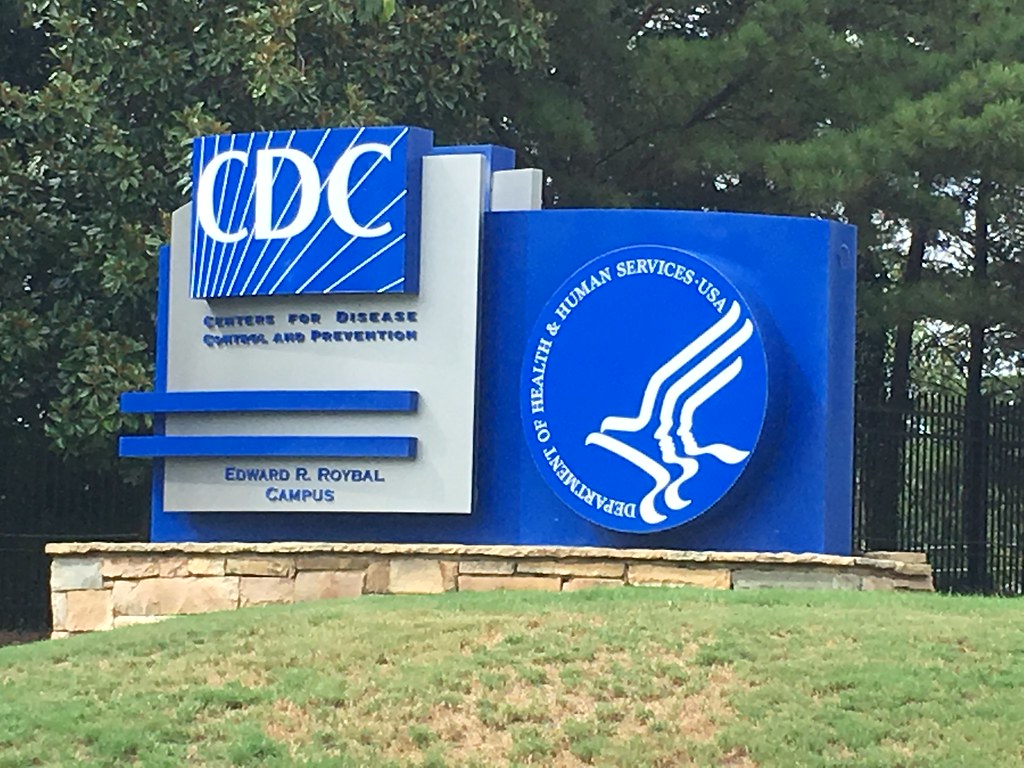Have you ever read or written an online review? The answer is probably yes, and many other consumers would agree. Business owners are also avid readers of online reviews, using this information to gauge customer satisfaction and steer product development. Now, there’s a new type of audience looking through online reviews: an artificial intelligence platform called BERT.
BERT, also known as Bidirectional Encoder Representation from Transformations, is a deep learning platform capable of language modelling. It has been used by researchers from the Boston University School of Public Health to comb through thousands of online product reviews to identify unsafe foods that have been recalled by the US Food and Drug Administration (FDA).
Online shopping comes with its risks, some with more dire consequences than others. Buying a pair of jeans online, then realizing they don’t fit you when they arrive can be easily fixed with an exchange or refund. But buying food products that could be contaminated, mislabeled or unsafe to consume can be hazardous to one’s health.
An FDA or United States Department of Agriculture (USDA) investigation into unsafe food products can take up to several months, potentially leaving consumers vulnerable to illness, infections or death during that period. Often, food recalls are voluntarily announced by food manufacturers, who learn about these issues from public complaints. Deploying BERT could potentially expedite this process and lead to early detection and recall of unsafe food products.
A team led by Dr. Elaine Nsoesie, assistant professor of global health at Boston University School of Public Health, put BERT to work on 171,760 of Amazon’s Grocery and Gourmet Food products. Based on the top reasons for FDA food recalls (undeclared ingredients and labeling errors, contamination with pathogens, issues with manufacturing or packaging and more), the algorithm was trained to identify product reviews containing words like, “sick,” “label,” “ill,” “foul,” and “rotten.” It was also trained to look at the helpfulness of a rating, overall rating (out of five stars) and summary of the review. The Amazon food products were cross-referenced with the FDA database to identify which food items were actually recalled.
BERT was able to correctly identify recalled products with 74 percent accuracy. Additionally, the machine learning tool identified 20,000 unsafe food products that were not recalled by the FDA but could warrant safety monitoring. The authors conclude that their findings support a role for artificial intelligence in foodborne illness surveillance by surveying online reviews, e-commerce websites and social media. The work was published in the Journal of American Medical Informatics Association (JAMIA) Open.
“Health departments in the US are already using data from Twitter, Yelp, and Google for monitoring foodborne illnesses,” said Dr. Nsoesie in a news release. “Tools like ours can be effectively used by health departments or food product companies to identify consumer reviews of potentially unsafe products, and then use this information to decide whether further investigation is warranted.”
Artificial intelligence is not just being tested in the food industry, but in the healthcare industry as well. Deep learning has been used to quickly sort through chest X-rays to identify which patients require urgent care. An artificial intelligence platform was also used to monitor and predict the spread of influenza virus, a challenge for public health organizations. Finally, artificial intelligence could potentially play a role in the doctor’s office by listening to patient-doctor interactions and suggesting potential diagnoses based on the verbal exchange. Similar to the food recall data, artificial intelligence could potentially augment adverse event monitoring for pharmaceuticals and medical devices.
All of these applications point to a future where systems like BERT might improve our health, however, a greater understanding of the capabilities and limitations of artificial intelligence is needed.












Join or login to leave a comment
JOIN LOGIN